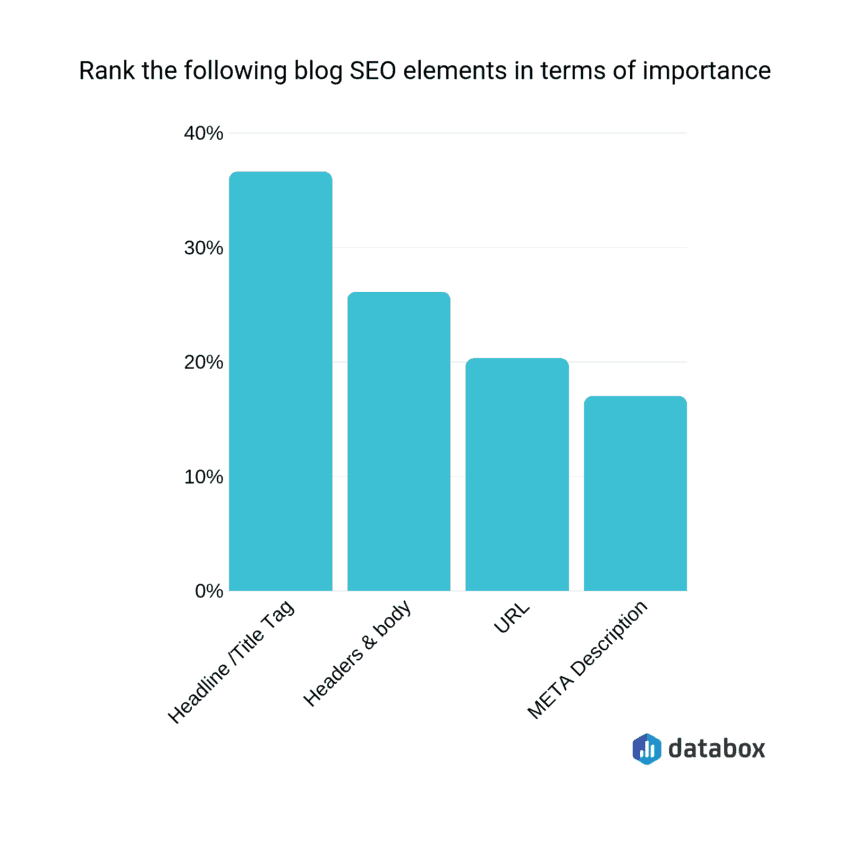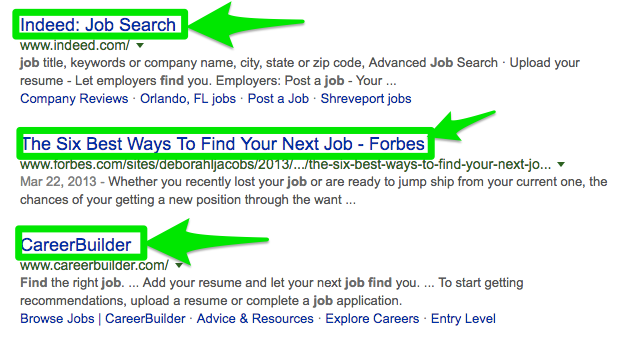Title Tagsthe Most Important Single Onpage Seo Factor
Important On-Page SEO Factors - Page 1


Optimizing websites and web pages for search engine rankings can significantly impact your website's overall visibility in search results. Learn some of the most important things about on-page search engine optimization (SEO).
Viewing Your Page's 'Source Code'
First, I'll be referring to some elements of your website that you won't see in your browser in 'regular' mode. If you want to see some of the things noted below for your website go to your site and check out the 'View source code'. This refers to the programming code 'underneath' what you see on each web page.
This is usually easy to find. Here are some typical ways to find this code:
- in Internet Explore click on 'view', then 'source'
- in Chrome, Safari or Firefox right-click on the page, then click on 'view page source' or 'page source'
On Page SEO: In simple words we can say that it is a critical step for obtaining a high search engine ranking for a web page.On Page Optimization is the most important and complex part of search engine optimization.On Page Optimization refers to factors that have an effect on our website or web page listing in natural search results. Search experts may debate about a lot of things but most of them will agree that the title tag is the most important onpage SEO factor. In fact, in survey done by 37 search experts, the title tag was the number one search ranking factor. It trumped even anchor text and quality of links.
Of course, this may vary in your browser based upon what version you are working. This 'source code' typically opens into a new window.
Title Tags
Title tags have historically been the most important on-page factor for search engines. Title tags are kind of like the 'Chuck Norris' of SEO - they can't be ignored! Look in your source code to see <title>Title</title>. This is the text that appears in the top of your browser when viewing a page.
Here are the important basics for writing your title tag:
- optimal length: 67 characters in length or less, including spaces
- each page on your website should have a UNIQUE title tag
- good idea to keep title tags 'short & sweet'
- add keywords that describe the page's content and what you want have this page rank for and put the most important keywords at the front of the tag e.g. 'Whistler Real Estate | Realtor Sue Jones'
- use 'geo' terms if you want to rank for keywords related to your location e.g. the 'Whistler' in 'Whistler Real Estate'
- use sources like keyword tools or your web analytics data to help you with keyword selection if needed
- adding your company or brand name can be helpful in tags at the end of the tag because it can get your company's name in the search results e.g. 'Buying Real Estate in Whistler | Realtor Bob Smith'
Some other stuff you should also know about title tags:
- Google likes to mess with titles tags at times
- if Google feels that your title tag isn't reflective of your web page's content they replace it
- sometimes they'll they take content from your page, a link to this page or your brand name
- this happens so write title tags the best you can but don't sweat what Google will do with them
META Descriptions
To view your web page's META description look at your 'source code' and check the tag with 'name=description'.
Here are the most important basics for writing your META description tag:


- optimal length: 155 characters
- each page should have a UNIQUE meta description
- write this tag for PEOPLE (not search engines) and make the tag compelling preferably with a call-to-action that matches the page's content
- good to have your page's most important keywords in them and usually closer to the beginning of the tag
Some other stuff you should know about META descriptions:
Title Tagsthe Most Important Single On Page Seo Factors
- META descriptions are not essential for search engine rankings but can significantly impact click-through rates
- Facebook will show your web page's description when other share your link!
Search engines may ignore META descriptions that you write and display their own but it's still important to write them and write them well. If your META description is good and relevant to your page's content your description probably has a better change to show up in search results. This helps put you in control of whether someone will click on your search result.
What's Next?
Title Tagsthe Most Important Single On Page Seo Factory
Next week I'll write more about how the content on your web pages affects search engines. This includes headlines, subheadlines, anchor text for links, body text and images.
Questions, Comments or Suggestions?
I welcome your questions, comments or suggestions about title tags or META descriptions. Just add these in the fields below. I'll respond to each and every question or comment if appropriate. And if you are looking for some search engine optimization (SEO) consulting advise feel free to contact us.
Related Articles
